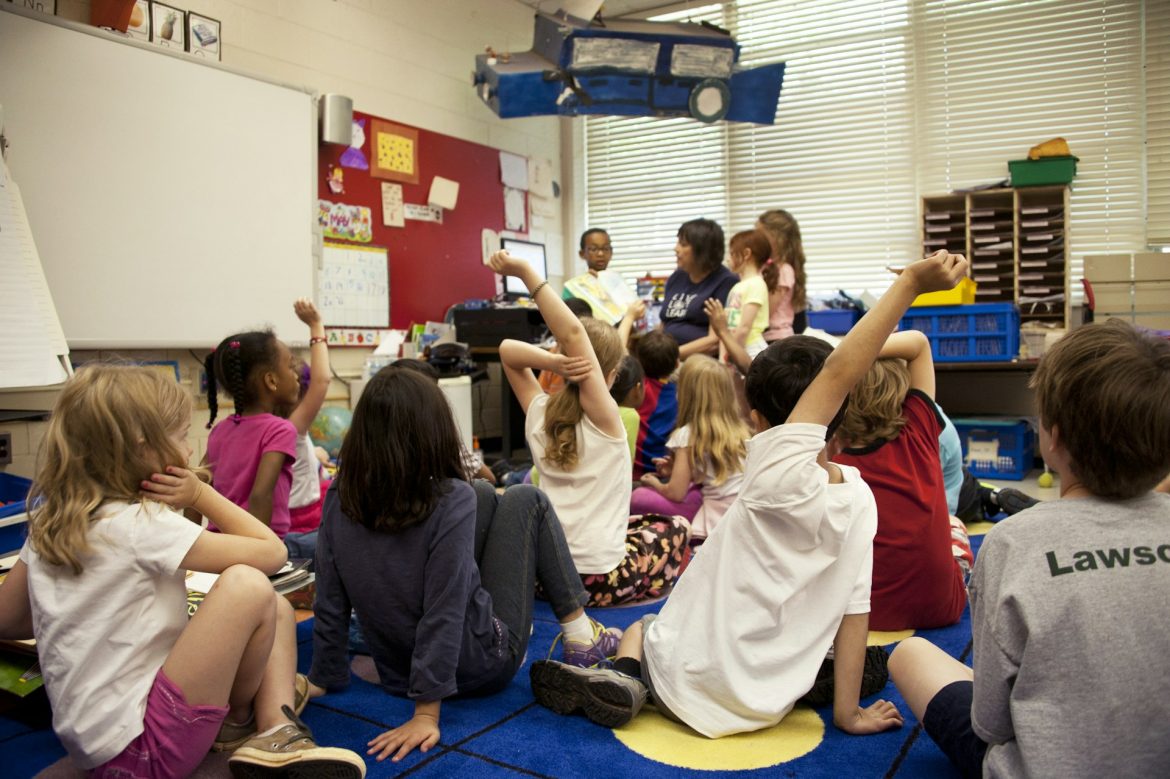The world of education is rapidly evolving, with digital classrooms leading the charge. But what lies beyond the traditional screen-based learning we’ve become accustomed to? Let’s explore the exciting advancements and technologies that are shaping the future of digital classrooms.
Interactive Learning Environments
Gone are the days when learning was confined to textbooks and blackboards. Interactive learning environments, powered by platforms like Kahoot!, are making education more engaging and fun. These platforms allow students to participate in interactive quizzes and games, promoting a more hands-on approach to learning. It’s not just about watching and listening anymore; it’s about doing and experiencing.
Virtual Reality (VR) and Augmented Reality (AR)
Imagine dissecting a frog without actually touching one, or walking through the Colosseum as it stood in ancient Rome. VR and AR technologies, like those developed by Oculus and Google ARCore, are turning these imaginations into reality. These technologies provide immersive experiences that enhance understanding and retention, making learning an adventure rather than a chore.
Artificial Intelligence (AI) Tutors
Artificial Intelligence is not just a buzzword; it’s a reality that’s making its way into classrooms. AI tutors, such as those powered by Duolingo, provide personalized learning experiences, adapting to each student’s pace and learning style. These AI companions can offer instant feedback, support, and encouragement, ensuring no student is left behind.
Collaborative Online Platforms
The future of digital classrooms is not just about individual learning; it’s also about collaboration. Platforms like Google Classroom are revolutionizing how students and teachers interact. They enable the sharing of resources, group projects, and real-time feedback, fostering a community of learners who can work together from anywhere in the world.
Lifelong Learning and Upskilling
Learning is no longer confined to the early years of life. With platforms like Coursera and Udemy, the digital classroom extends to lifelong learning and upskilling. Whether it’s picking up a new hobby, mastering a professional skill, or pursuing further academic qualifications, these platforms make learning accessible to everyone, regardless of age or background.
Conclusion
The future of digital classrooms extends far beyond the traditional screen. It’s about interactive, immersive, and personalized learning experiences that make education accessible, engaging, and enjoyable for all. With the continuous advancements in technology, the possibilities are endless, and the journey of learning is more exciting than ever. Let’s embrace these innovations and look forward to a future where education knows no bounds.




